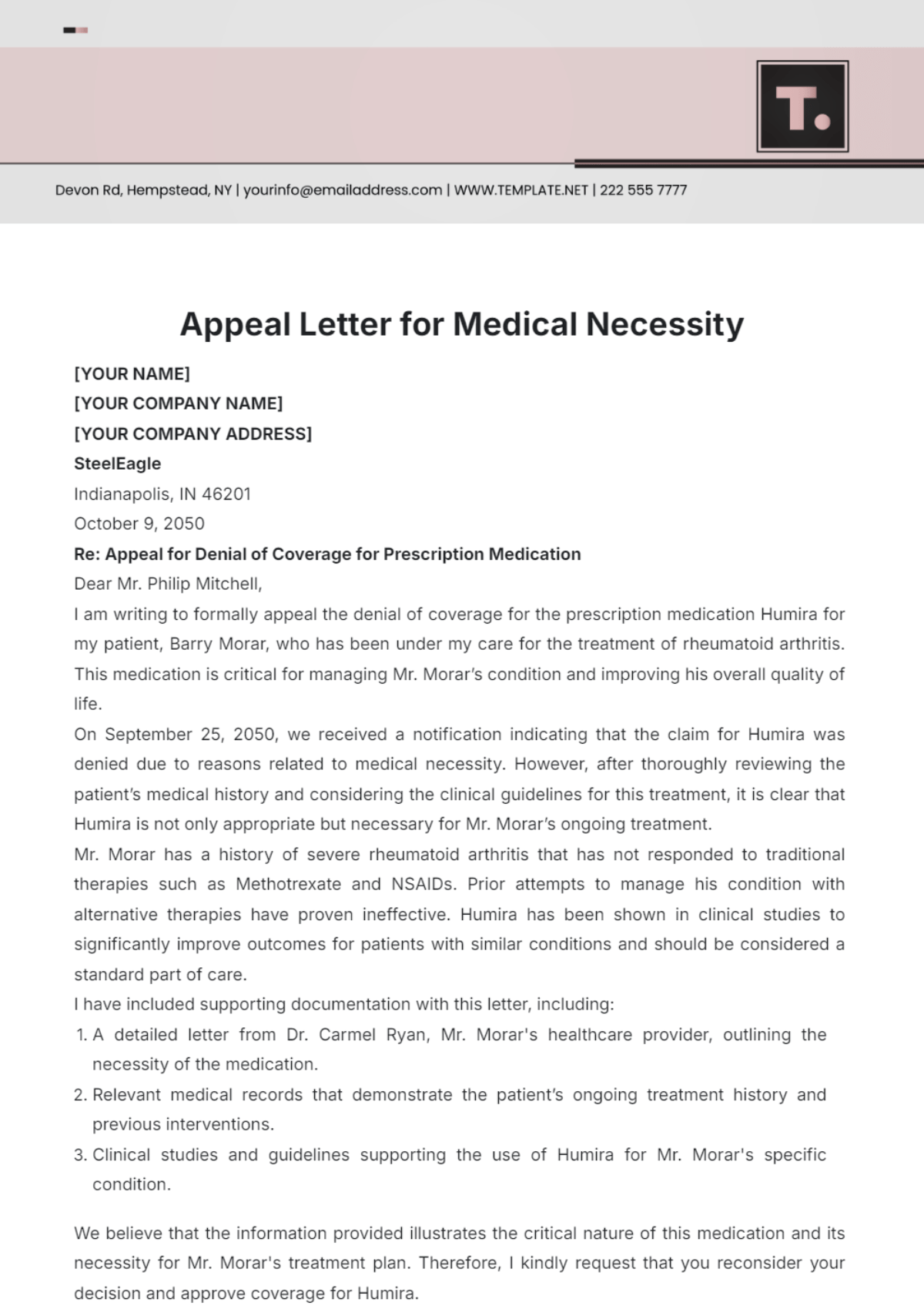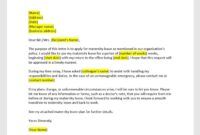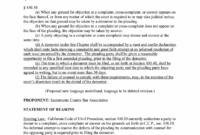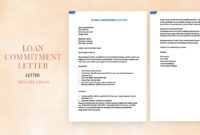Navigating the complexities of healthcare insurance can often feel like a daunting task, especially when you receive the frustrating news that a crucial medical service or treatment has been denied. The initial shock and disappointment can quickly turn into a feeling of helplessness, leaving you wondering what your next steps should be. It is a common scenario, where insurance companies might deem a procedure or medication as “not medically necessary,” leaving patients to face significant out-ofpocket costs or forego essential care.
Fortunately, a denial of coverage is not always the final answer. You have the right to appeal these decisions, and a well-crafted, persuasive appeal letter can significantly increase your chances of overturning the original denial. Understanding how to articulate your case effectively, backed by medical evidence, is paramount. This is where a robust medical necessity appeal letter template can become an invaluable resource, guiding you through the process of advocating for your health and financial well-being.
Understanding Your Denial: Why Medical Necessity Matters
When an insurance company denies a claim based on “medical necessity,” it means they have determined that the requested service, treatment, or medication does not meet their criteria for being essential for your health condition. This often stems from their internal policies, which may differ from your doctor’s professional medical opinion. They might argue that a less intensive or alternative treatment is available, that the service is experimental, or simply that it is not considered the “standard of care” for your specific diagnosis.
These denials can be incredibly frustrating because what is medically necessary is often a matter of clinical judgment by a qualified healthcare professional, not an insurance adjuster. However, to successfully appeal, you need to present your case in a way that aligns with the language and requirements insurance companies understand, while clearly demonstrating why the denied service is indeed crucial for your particular situation. This requires more than just asserting necessity; it demands documentation and a clear, logical presentation of facts.
The key to a successful appeal lies in providing comprehensive, compelling evidence that directly refutes the insurer’s denial reason. This typically involves detailed clinical notes, diagnostic test results, and most importantly, a strong letter of support from your treating physician. They are your most powerful advocate, capable of explaining the specific medical reasons why the denied service is essential for your diagnosis, treatment plan, and overall health outcomes.

When preparing to write your appeal, remember that clarity and detail are your allies. A well-structured medical necessity appeal letter template serves as a framework, ensuring you include all critical information and present your argument logically. It helps you stay organized and ensures no vital piece of information is overlooked, which could otherwise weaken your case.
Essential Components of a Strong Appeal Letter
- Your full name and patient identification number
- Your insurance policy number and group number
- The specific claim number for the denied service
- The date(s) of service for the denied treatment or procedure
- A clear, concise description of the denied medical service or medication
- The exact reason for denial as stated by your insurance company
- A direct request for reconsideration of the denial
- A detailed explanation from your physician outlining the medical necessity
- A list of all enclosed supporting documentation (e.g., physician’s letter, test results, medical records)
- Your physician’s contact information for further clarification
Crafting Your Appeal: A Step-by-Step Guide
Embarking on the appeal process might seem daunting, but approaching it methodically can make it much more manageable. Your first step should always be to thoroughly review the denial letter from your insurance company. Understand precisely why your claim was denied. Was it lack of medical necessity, coding errors, or something else? Knowing the specific reason will allow you to tailor your appeal to address that particular point directly and effectively.
Next, gather all pertinent medical documentation. This includes your medical records, test results, and any specialist reports that support the need for the denied service. Crucially, work closely with your treating physician. Request a detailed letter of medical necessity from them, explicitly explaining why the denied service is essential for your health and why alternative treatments are not appropriate or have failed. This letter should be highly specific to your case, referencing your diagnosis and treatment plan.
Once you have your physician’s letter and all supporting documents, it is time to draft your appeal letter. This is where a medical necessity appeal letter template can truly shine, providing you with a pre-structured format to ensure you include all necessary information. Start with your personal and policy information, clearly state the denied service, and then present your argument, supported by your physician’s letter and other medical evidence. Maintain a professional, factual, and concise tone throughout.
After finalizing your appeal letter and compiling all attachments, make several copies of everything. Send your appeal package via certified mail with a return receipt requested. This provides undeniable proof that you sent the appeal and that the insurance company received it, along with the date of receipt. Also, be mindful of deadlines; insurance companies typically have strict timelines for submitting appeals, so ensure you submit your appeal well within their specified window.
Taking the initiative to appeal a denied medical claim can feel like an uphill battle, but it is a crucial step in ensuring you receive the care you need. By meticulously preparing your case, gathering robust evidence, and clearly articulating the medical necessity of your treatment, you significantly increase your chances of a favorable outcome. Empowering yourself with information and a structured approach is key to successfully navigating the insurance landscape.
Remember that you are your best advocate when it comes to your health. Do not let an initial denial deter you from pursuing essential medical care. With persistence, organization, and a clear understanding of the appeal process, you can effectively challenge insurance decisions and secure the coverage you rightfully deserve.



